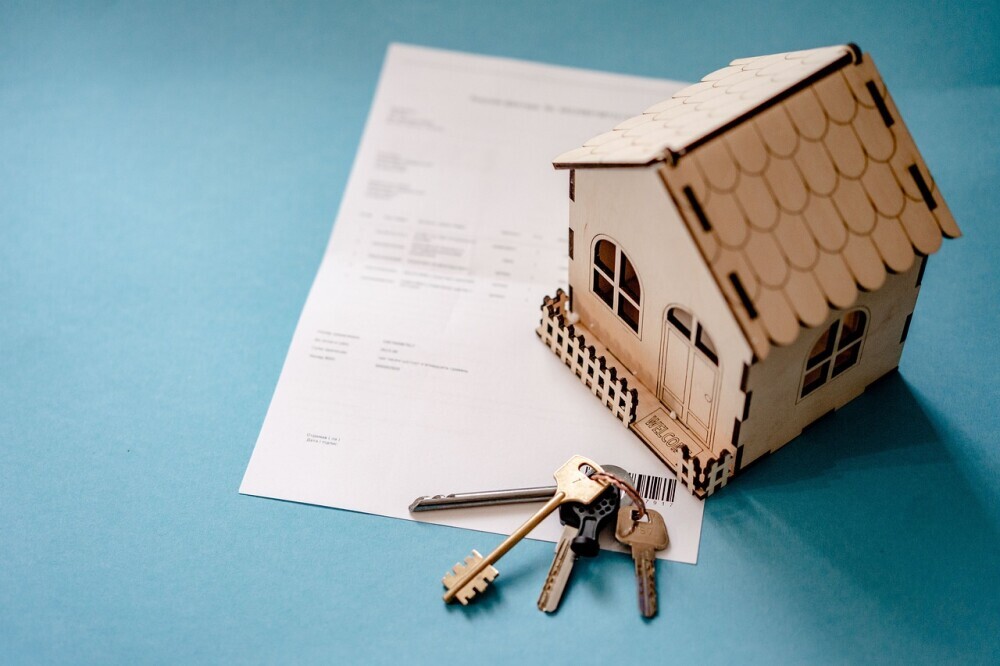
Understanding Property Asset Management: A Guide to Maximizing Returns
Property asset management is a critical aspect of real estate investment, encompassing a wide range of activities aimed at maximizing the value and performance of property assets. By effectively managing properties, investors can enhance returns, mitigate risks, and ensure long-term profitability.
Defining Property Asset Management
Property asset management refers to the strategic oversight, control, and optimization of real estate assets. It involves a comprehensive approach that encompasses various aspects, including:
- Acquiring and disposing of properties
- Maximizing property value
- Managing property operations
- Mitigating risks
- Ensuring compliance with regulations
The Difference Between Property Management and Asset Management
While property management and asset management are often used interchangeably, they serve distinct purposes:
- Property management focuses on the day-to-day operations of a property, such as tenant relations, maintenance, and lease administration.
- Asset management takes a broader perspective, encompassing strategic planning, financial analysis, risk assessment, and overall property performance.
The Importance of Property Asset Management in Real Estate Investment
Effective property asset management is essential for several reasons:
- Maximizing returns: By optimizing property performance and reducing costs, asset management can significantly increase profitability.
- Mitigating risks: Proper risk management strategies can help protect investments from unforeseen challenges, such as market downturns or legal issues.
- Enhancing property value: Strategic initiatives, such as renovations or upgrades, can enhance the value of property assets over time.
- Ensuring compliance: Adhering to regulatory requirements is crucial for avoiding legal penalties and maintaining a positive reputation.
The Role of Technology in Property Asset Management
Technology has revolutionized the property asset management industry, offering innovative tools and software that streamline processes, improve efficiency, and enhance decision-making. Some key benefits of technological integration include:
- Data analysis and reporting: Advanced analytics can provide valuable insights into property performance, enabling data-driven decision-making.
- Tenant management: Online platforms can streamline tenant communication, lease management, and rent collection.
- Maintenance management: Automated work order systems can improve maintenance efficiency and reduce costs.
- Energy management: Smart technologies can optimize energy consumption, reducing operating expenses and environmental impact.
Key Strategies for Effective Property Asset Management
To achieve optimal property asset management, consider implementing the following strategies:
- Performance measurement and benchmarking: Track key performance indicators (KPIs) to assess property performance and compare it to industry benchmarks.
- Risk management techniques: Identify potential risks and develop strategies to mitigate their impact, such as insurance, contingency planning, and legal compliance.
- Capital expenditure planning: Create a budget for capital expenditures to ensure that necessary improvements and upgrades are made while maintaining profitability.
- Enhancing property value: Explore strategic initiatives to increase property value, such as renovations, expansions, or repositioning.
Best Practices and Ethical Considerations
To maintain a positive reputation and ensure long-term success, property asset managers should adhere to the following best practices:
- Building trust with stakeholders: Foster strong relationships with tenants, investors, and other stakeholders through open communication and transparent practices.
- Sustainability and green initiatives: Incorporate sustainable practices into property management to reduce environmental impact and attract eco-conscious tenants.
- Regulatory compliance: Stay up-to-date with relevant regulations and ensure that properties meet all legal requirements.
- Continuing education and professional development: Invest in ongoing learning to stay informed about industry trends, best practices, and emerging technologies.
By understanding the principles of property asset management and implementing effective strategies, investors can maximize the value and performance of their real estate assets, ensuring long-term profitability and success.
If you would like to discuss maximizing the returns from any sort of property asset management then do not hesitate to call Alan on +44(0)7539141257 or +44(0)3332241257, you can schedule a call with Alan on https://calendly.com/alanje or drop an email to alan@alpusgroup.com.